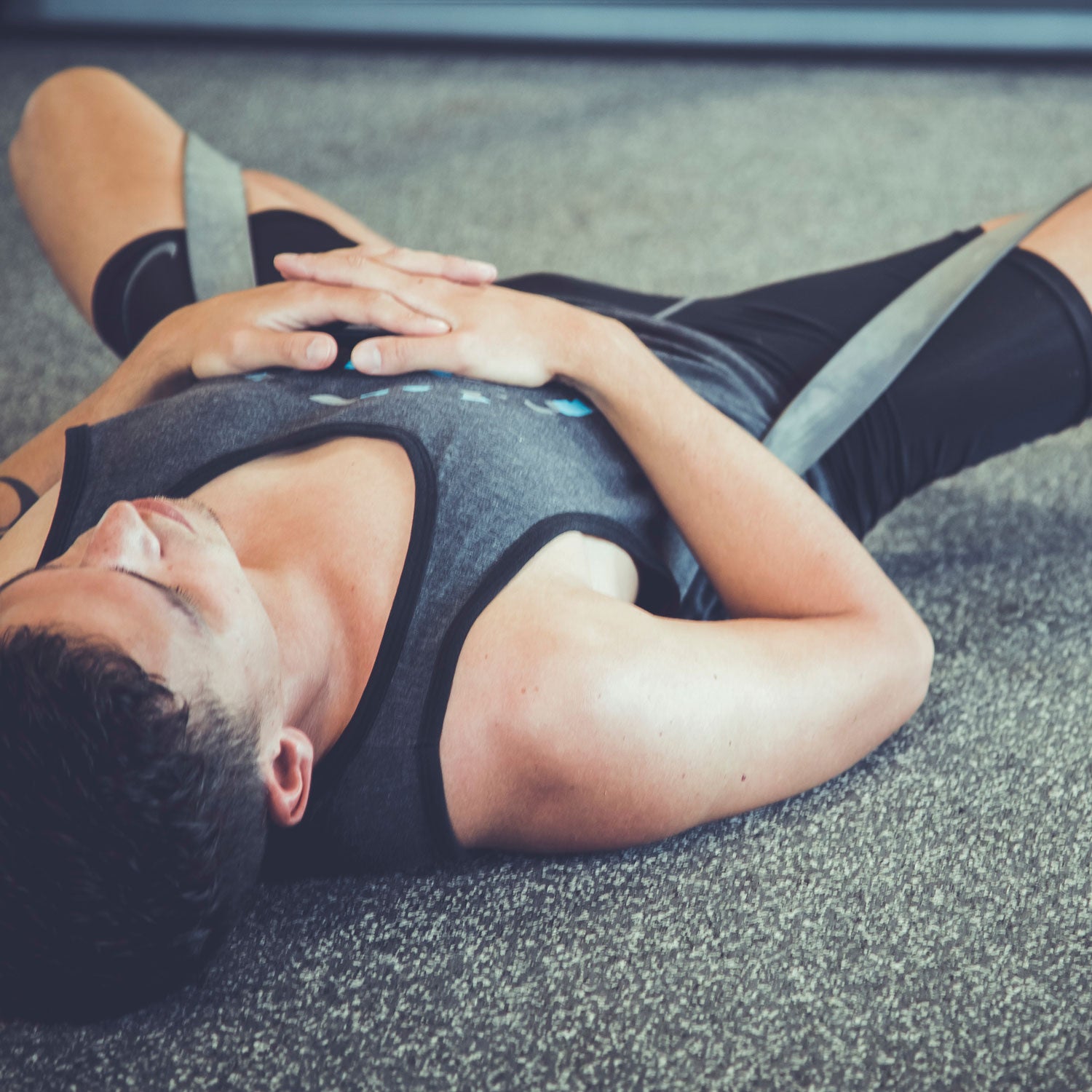No one wants to look for a physical therapist, but as an athlete, chances are high that you’ll need one at some point. When that time comes, you want a physical therapist who knows exactly what it means to treat an athlete (read: someone who will get you back in action ASAP).
If you have a nagging pain that doesn’t resolve itself within two weeks or if you’ve suffered an acute injury, you should get it checked out by your doctor, says Chris Kolba, a physical therapist at the . From there, your doctor will usually refer you to a PT. As an athlete, do a little extra research to make sure the referral takes you to someone who knows how to provide the right kind of care. Be sure to ask these questions before your first appointment.
Are All of Your Therapists Licensed?
Your first line of defense is simply looking at someone’s credentials. “You can’t be a physical therapist unless you’re licensed through the state,” Kolba says. This is important because while some chiropractors, acupuncturists, and massage therapists might mistakenly use the term “physical therapy” to describe their work, that doesn’t make them licensed as such. While those specialists may also play a role in your rehab, they’re not who you should turn to first when injury strikes.
Do You Work with Athletes?
As an athlete, you’ll probably want someone accustomed to working with people like you. A therapist who understands athletes will know that you may not have six weeks to recover, says , physical therapist and chair of the department of physical therapy at Winston-Salem State University. You might need to be training again in a week, and your physical therapist will try to figure out if that is truly possible. When you’re working with an athlete—amateur or pro—it’s not just about regaining strength and range of motion, Millar says. “We also have to work on agility, reaction times, things like that.”
Are Any of Your Therapists Specialists?
Physical therapists can go on to receive additional training beyond their PT license. Keep an eye out for orthopedic or sports physical therapy specialists, who can be particularly helpful to athletes, Millar says. Among the orthopedists, follow up and ask if they’ve worked with athletes before, since some may have a different focus.
How Many Years of Experience Do You Have?
Specializations are a helpful tool to cull your list, but often it’s the years of experience that make a great PT. “Some people just never get the specialization,” Millar says, but that doesn’t mean they don’t know their stuff. “Typically, when you call to schedule an appointment, you are put on someone’s schedule pretty randomly, so you don’t always know if you’re getting the person who just graduated or the person with 25 years of experience,” Kolba says.
Have You Worked on This Type of Injury Before?
Be sure to go into your injury specifics when you’re talking to different clinics. “Some therapists may have seen a lot of people with rotator cuff repairs, and somebody else may be more practiced in the lower extremity,” Millar says. The more information your PT can have going into the appointment, the better for both of you.
How Am I Feeling?
Once you start working with a physical therapist, it’s important to reevaluate how things are going after a few sessions. Is your therapist listening to your needs and wants? Is she explaining what she’s doing and why? Also make sure the pace and progress fit your needs. If you’re too sore after a treatment to do anything, they may be progressing you too fast. “And vice versa,” Millar says. “If she’s treating you like Grandma, that may not be the best fit.”


